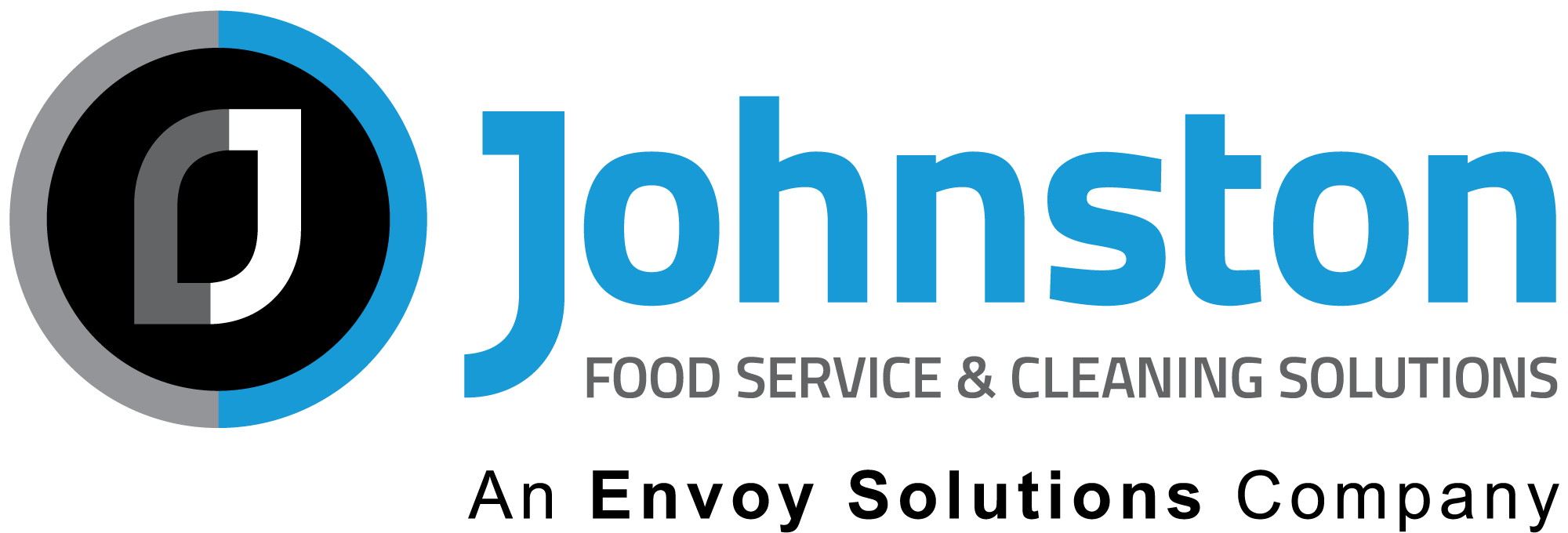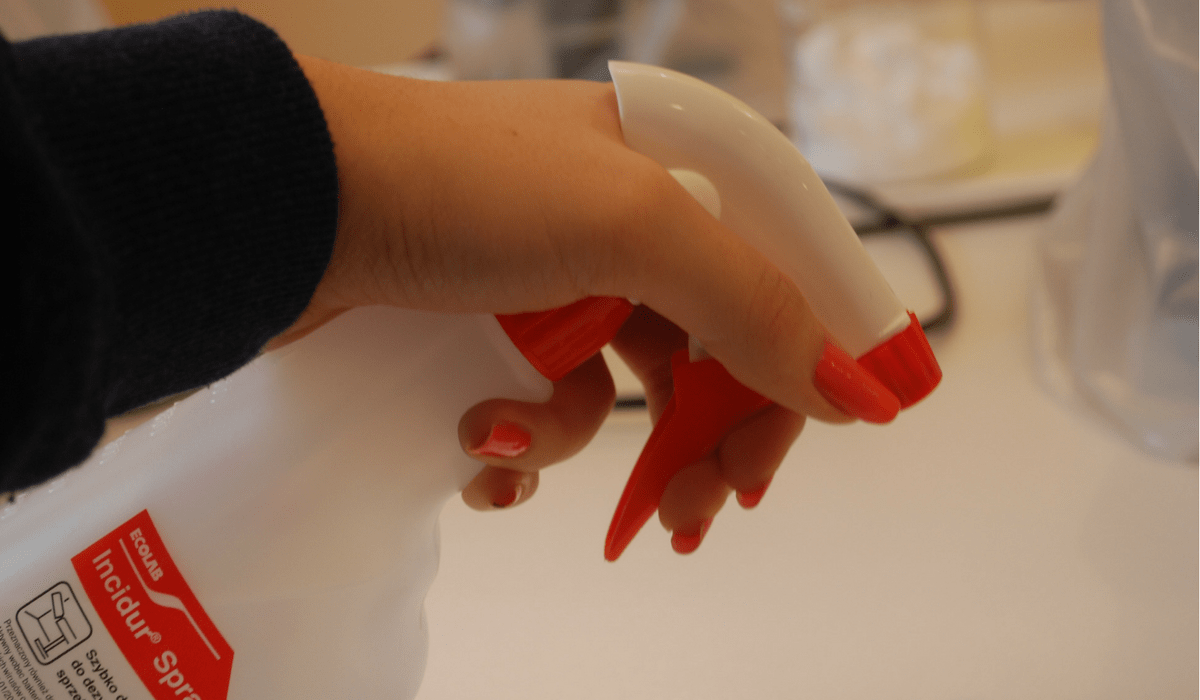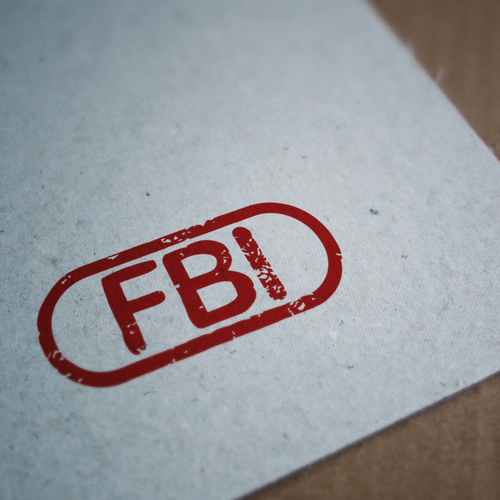Cleaning, Sanitizing, and Disinfecting
Distinctions and Definitions
In the April 2017 edition of the trade publication CleanLink Sanitary Maintenance Magazine, there was included an insightful article by Ronnie Garrett about cleaning, sanitizing, and disinfecting.
Garrett notes in his article “Sanitizing, Cleaning And Disinfecting: Know The Differences” that these terms are commonly used interchangeably among many people in everyday conversation; however, each has its own distinct meaning. “Cleaning is not sanitizing. Sanitizing is not disinfecting,” notes Garrett. It is important to know what each type of product is, and when to use them in the proper fashion.
Cleaners
Garrett writes, “General cleaners remove dirt and debris from a surface and make things look shiny and clean. But they are not designed to remove the pathogens that can cause an illness.” As it is mostly a cosmetic effect, cleaning should only be considered the basic first step when working with a dirty surface. Germs are likely to still be present.
Sanitizers
Food safety training organization ServSafe, which is part of the National Restaurant Association Educational Foundation, makes it clear that “there’s a big difference between cleaning and sanitizing. Cleaning removes food and other types of soil from a surface such as a countertop or plate. Sanitizing reduces the number of pathogens on that clean surface to safe levels.” They note that it is important to remember, “any surface that comes in contact with food must be cleaned and sanitized.”
Disinfectants
That leaves one remaining category. Garrett explains, “Sanitizers reduce microorganisms on a surface to a level considered safe by public health standards. A disinfectant, on the other hand, kills nearly 100 percent of bacteria viruses and fungi on a surface.” Disinfectants are so potent that they are actually classified and handled by the EPA as pesticides.
According to documents by the EPA and the University of California, “the overuse and misuse of these products is a growing public health and environmental concern. Studies have found that the use of some disinfectant products is creating microbes that can mutate into forms that are resistant to particular disinfectants or that become superbugs.” The key takeaway is that disinfectants are to be used only in the most serious conditions.
Johnston Has You Covered
At Johnston, we offer all three categories: cleaners, sanitizers, and disinfectants. Our knowledgeable staff will help you determine what works best for your individual situation. Learn more about how we can be of help to you! Visit our contact page today at https://www.johnston.biz/contact.
About Johnston
Johnston has always stood for reliability, commitment, quality, and service. Our heritage means years of accumulated industry knowledge, the ability to see the bigger picture, and the know-how to determine the best possible approach. Combining this mastery with the drive to deliver exceptional results, Johnston goes beyond sales, developing strategic, end-to-end tailored solutions for each customer since 1881.



